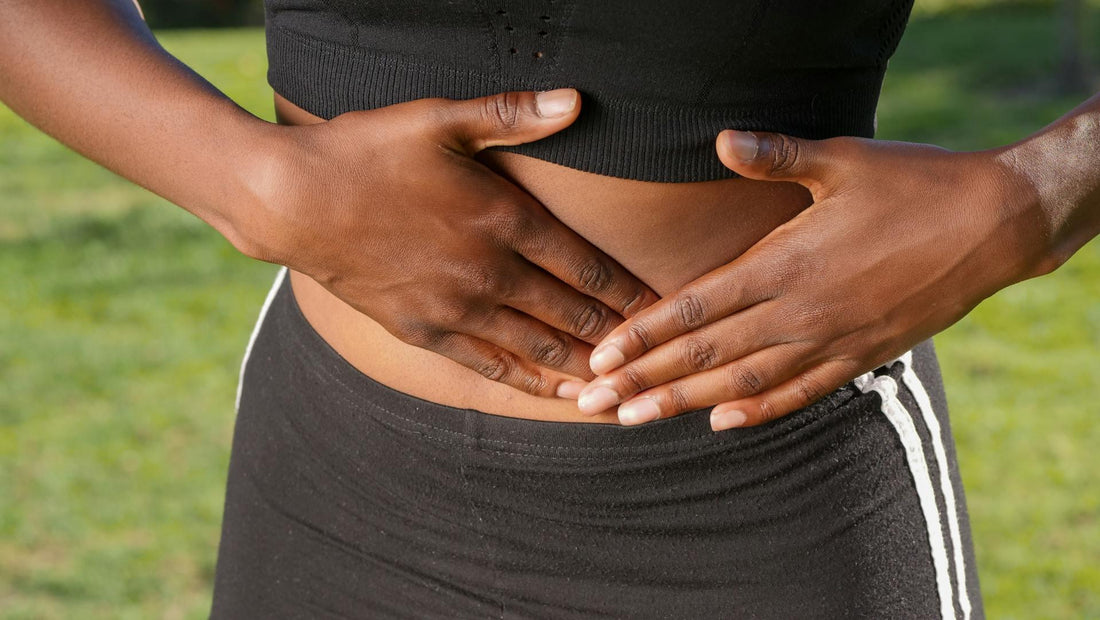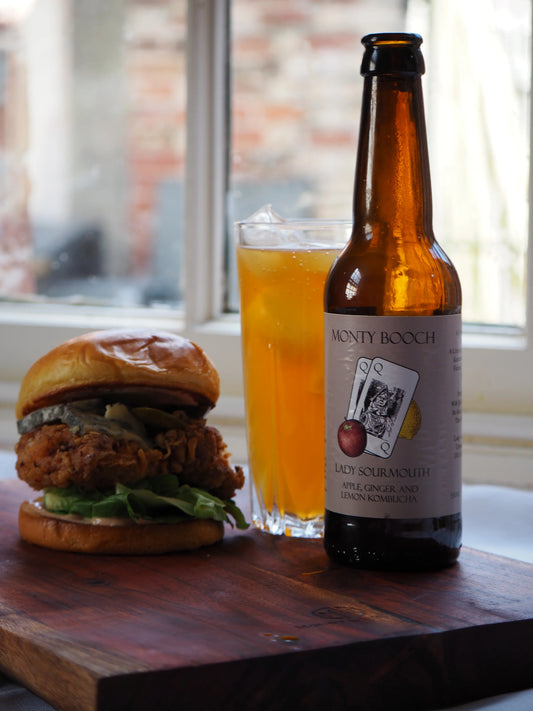
Kombucha and IBS: Can This Gut-Friendly Drink Really Help?
Can Kombucha Help with IBS?
Irritable Bowel Syndrome (IBS) affects millions of people, causing symptoms like bloating, cramps, and digestive discomfort. Many are turning to fermented drinks like kombucha as a natural way to support gut health. But is kombucha good for IBS? Let’s break it down.
Understanding IBS and Its Triggers
IBS is a chronic digestive condition that impacts the large intestine. Symptoms vary from person to person but often include:
- Abdominal pain or cramping
- Bloating and excessive gas
- Diarrhoea, constipation, or both
Triggers can include stress, certain foods, and imbalances in gut bacteria. Managing IBS often requires dietary changes, and this is where kombucha may play a role.
The Role of Kombucha in Gut Health
Kombucha is a fermented tea packed with probiotics, organic acids, and antioxidants. Many people believe it helps restore gut balance by promoting beneficial bacteria, which can be particularly useful for those with digestive issues.
However, kombucha isn’t a one-size-fits-all solution, while some find it beneficial, others may experience irritation if they consume too much or if their gut is sensitive to certain compounds.
Is Kombucha a Good Probiotic?
Probiotics are live bacteria and yeasts that support digestion and gut microbiome health. Properly brewed kombucha contains naturally occurring probiotic strains that help balance intestinal flora, which can be helpful for those with IBS.
That said, not all kombucha is created equal. Pasteurised versions lack live cultures, and those with added sugars or artificial ingredients may be less gut-friendly; therefore, raw kombucha is potentially better for gut health.
Kombucha and the FODMAP Diet
Many IBS sufferers follow a low-FODMAP diet to reduce digestive distress. Kombucha can contain FODMAPs, fermentable carbohydrates that can sometimes trigger bloating and gas. However, consuming raw kombucha in small amounts may allow people to enjoy the benefits without discomfort.
Does Sugar, Caffeine, or Alcohol in Kombucha Affect IBS?
- Sugar: Many IBS sufferers avoid excess sugar, as it can worsen symptoms. Look for low sugar kombucha with minimal added sugars to reduce any potential irritation.
- Caffeine: Since kombucha is brewed with tea, it contains small amounts of caffeine, far less than coffee. Those sensitive to caffeine should monitor their intake.
- Alcohol: Fermentation naturally produces trace amounts of alcohol in kombucha, but the levels are usually very low, similar to what’s found in fruit juice.
Best Drinks for IBS Relief
If you’re looking for IBS-friendly beverages, consider:
- Kombucha
- Kefir (fermented dairy or water-based options)
- Herbal teas (ginger, peppermint, chamomile)
- Plain water
Finding What Works for You
Everyone’s gut reacts differently, so experimenting with kombucha in moderation is key. Some people find it relieves bloating and supports digestion, while others may need to opt for alternatives like kefir or herbal teas.
If you’re curious, try incorporating kombucha gradually and track how your body responds. Finding the right balance might just be the key to a happier, healthier gut!




